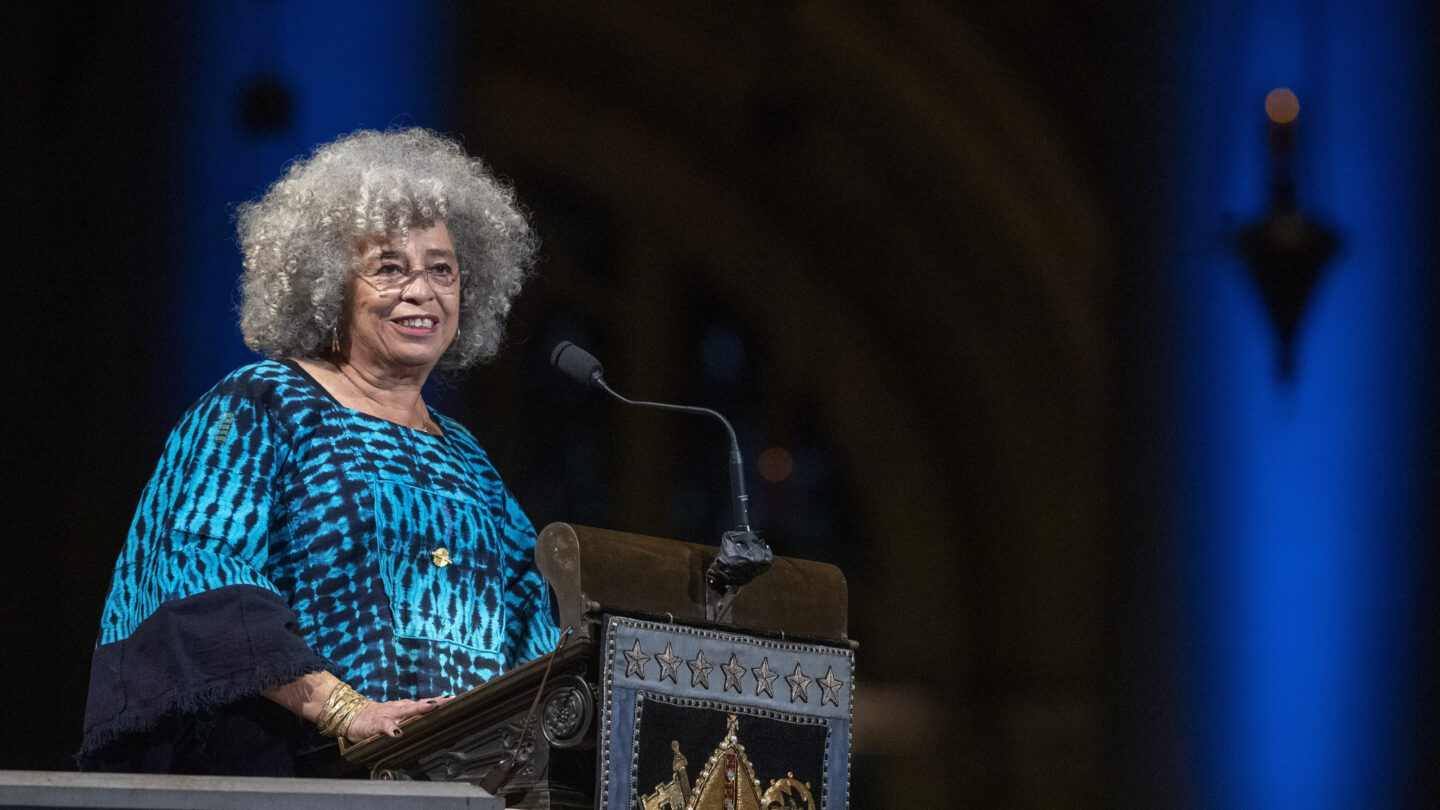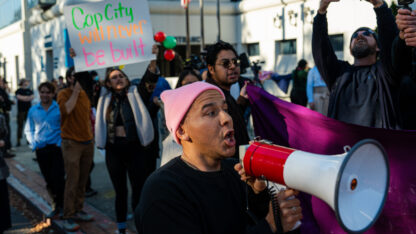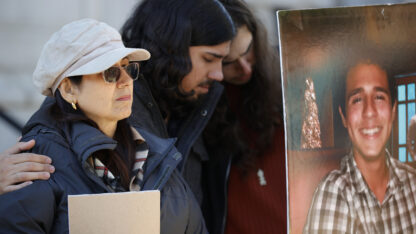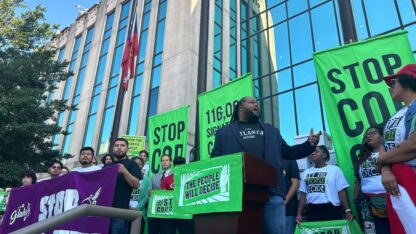Angela Davis talks 'Cop City' and the progress of contemporary activism

Civil rights activist Angela Davis says the struggle for freedom is infinite and complex. But it’s important to imagine a world without repressive forces such as police and prisons.
“What’s so important about the ‘Cop City’ campaign is that it brings together racism, police violence and climate change and of course, without being attentive to environmental issues we cannot hope for any kind of future,” said Davis who has spent more than five decades fighting for civil and human rights.
Davis recently gave the keynote speech at the 20th Annual Walter Rodney Symposium and was awarded a proclamation from the Atlanta City Council.
On Thursday’s edition of “Closer Look,” the political activist, professor, and author who was an active member of the Communist Party and the Black Panther Party expressed that she regretted accepting the award.
She talked about her recent decision to return the proclamation as Atlanta city officials move forward with plans to build a $90-million police and fire training facility, named “Cop City” by protesters.
In mid-January, “Tortuguita,” whose full name is Manuel Esteban Páez Terán, was shot and killed by police near the planned site for the facility. According to the Georgia Bureau of Investigation, the 26-year-old environmental activist shot a Georgia State trooper while authorities worked to remove protesters from forested land.
Davis says the situation unfolding in Atlanta echoes a similar police violence situation in Oakland, California.
“Police racism is encroaching on our lives, on our climate, you know, on our capacity to live — and considering the fact that one of the protesters Tortuguita was killed by the police, I think that this is a campaign that deserves support from people all over the world and all over the country,” said Davis.
Davis further discussed the progress of contemporary activism and what she’s learned from young people who are currently fighting for change.
“It’s my responsibility as an older activist to be willing to follow the younger activists because they are the ones who have the energy, they are the ones who have the insight and they are the ones who have been able to benefit from what we have done,” said Davis.








